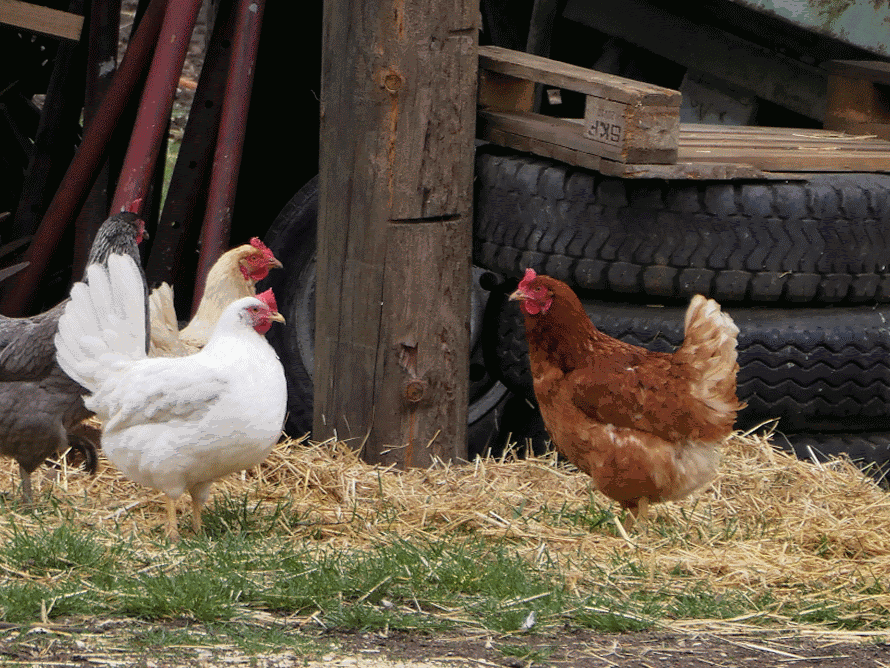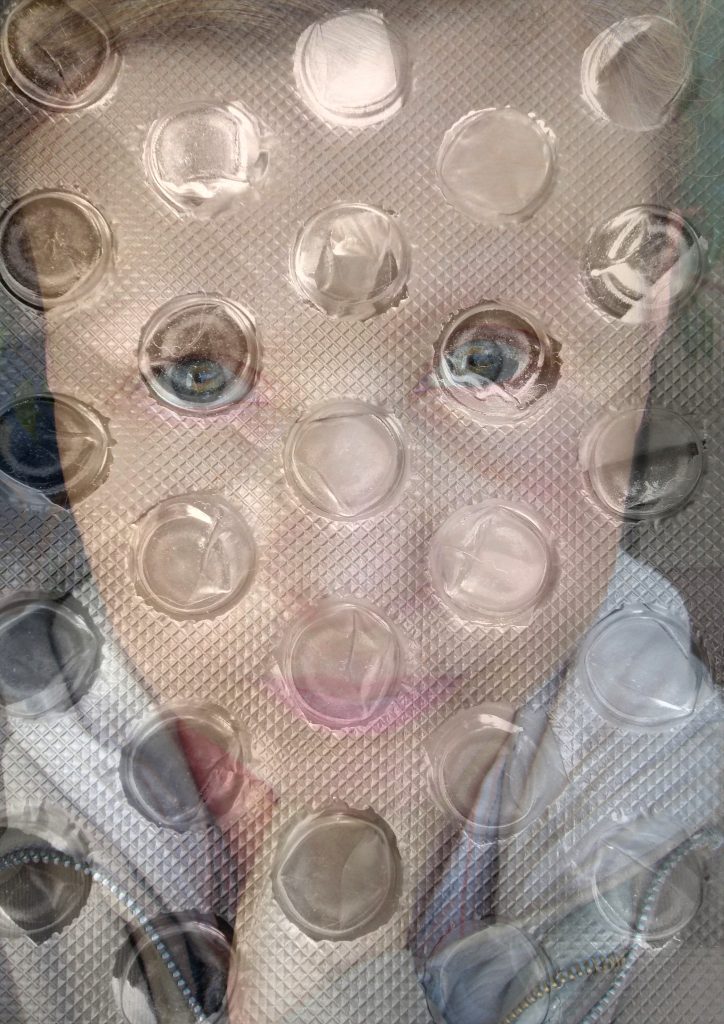With my ongoing artistic research on the subject of autoimmunity I try not only to find new meanings but also to transform/reshape the image of autoimmunity in the public.
Especially for the latter purpose I came up with the idea of founding a club that will be present in the public – and open for all persons concerned with autoimmune disesases who are interested in new perspectives on autoimmunity and in new ways of coping with their disease.
The name of the nonprofit association is “Club of the Autoimmune Eccentrics – CAE”.
The founding manifesto establishes the basic principles in regard to the admission of members and the purpose of the club and its activities:
Walking backwards
Southern writer Flannery O’Connor, diagnosed with SLE/lupus, is another dead honorary member of the CAE. When she was six, British Pathé News made a film about her chicken that she had trained to walk backwards.

Going in the opposite direction
Austrian writer Thomas Bernhard, diagosed with sarcoidosis, describes in his autobiographical novel “The Cellar”1 (S. 422 ff), how important it was for him, “to go in the opposite direction”, something he practiced until his death.
He is a dead honorary member of the CAE.

Photo Series: “Hares, one heading in the opposite direction”, Barb Macek, 2022
Eccentricity
The term is used in reference to Helmuth Plessner’s concept of “existential positionality”:This central notion of his biophilosophical analysis conceives of all living beings as characterised by their positionality. This positionality is determined by the way a living thing is organised, and by its relation to its borders.
For humans, Plessner (19811) identifies a positionality he describes as “eccentric” – “exzentrische Positionalität”. Humans, like animals, are centrally organised, via the central nervous system, which differentiates both from plants and their decentralised and open form of organisation. But humans, in contrast to animals, exist in “eccentric positionality” because of their ability to refer to themselves.
This “self reflexivity” is distancing us from ourselves, and, according to Plessner, it is this distance, the paradox of human existence, that causes a rupture within us and makes our lives determined by ambiguity.

